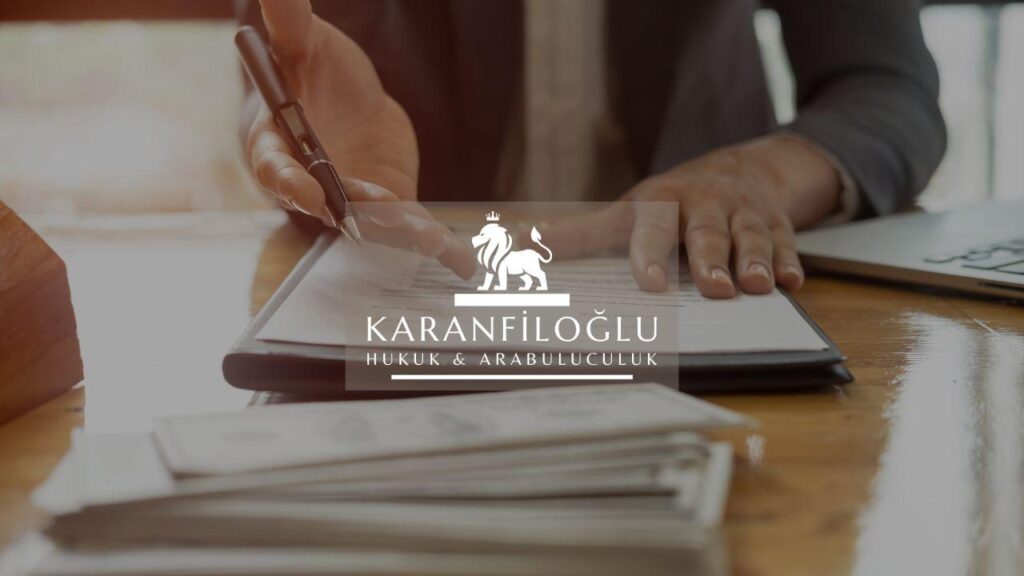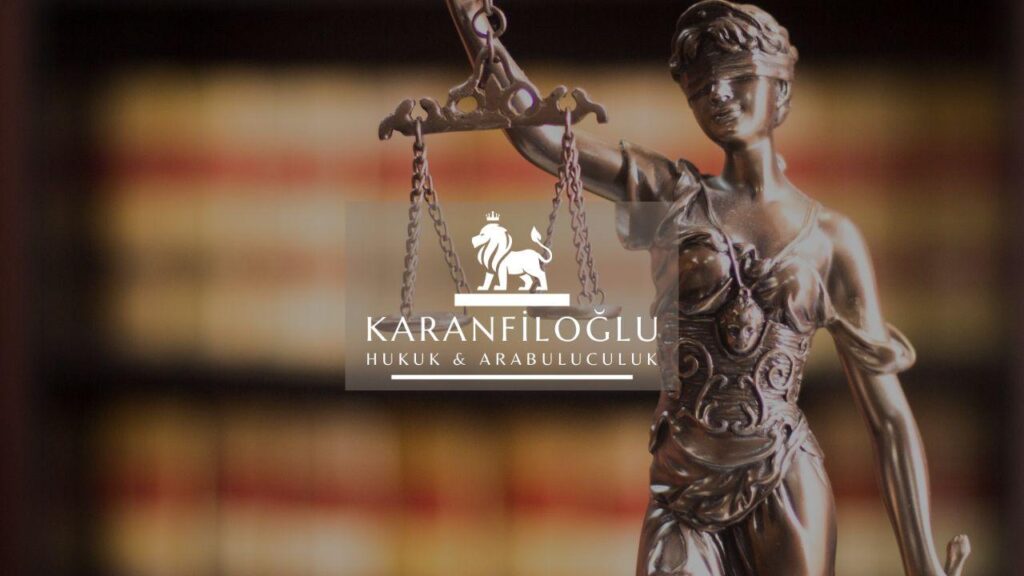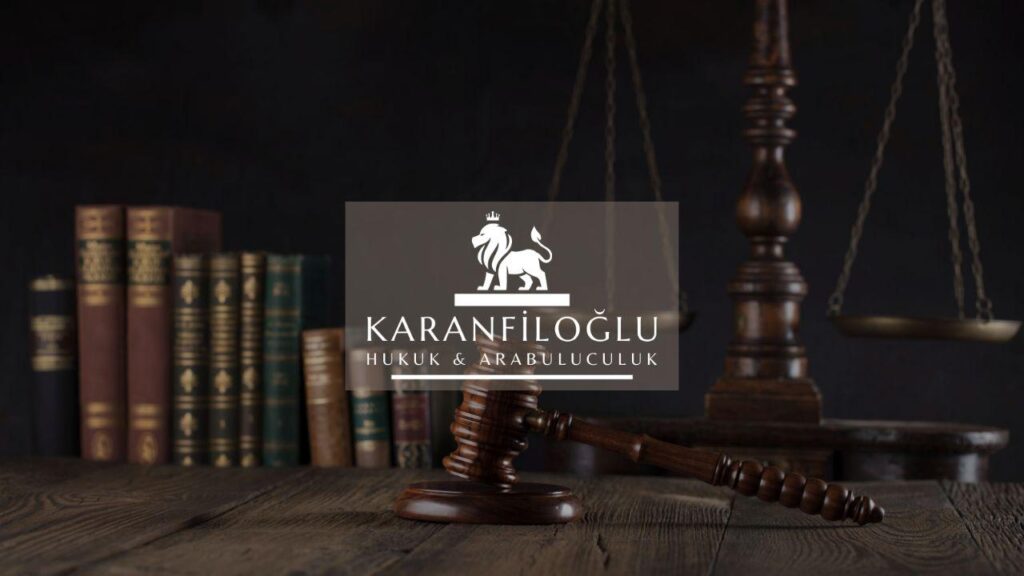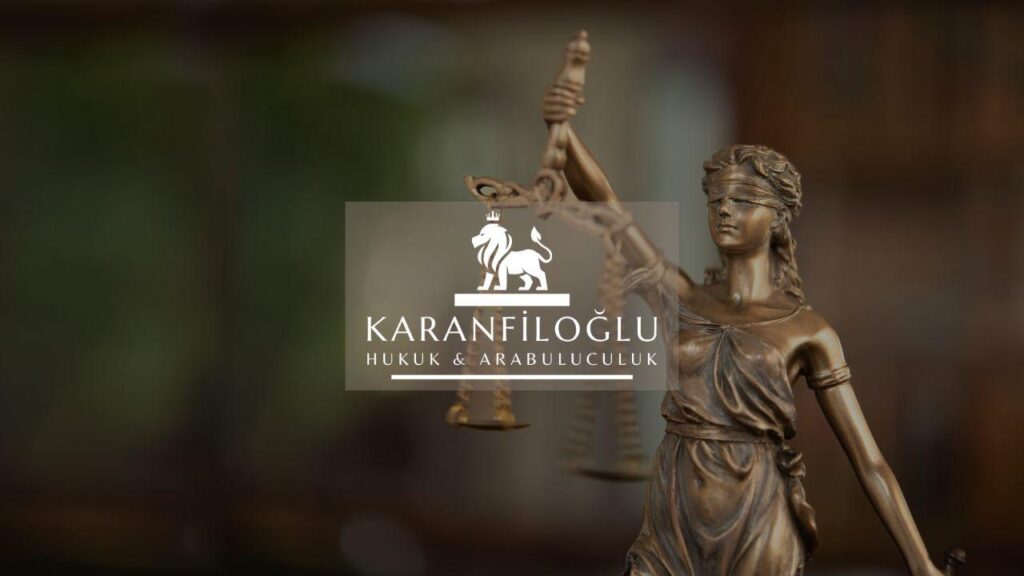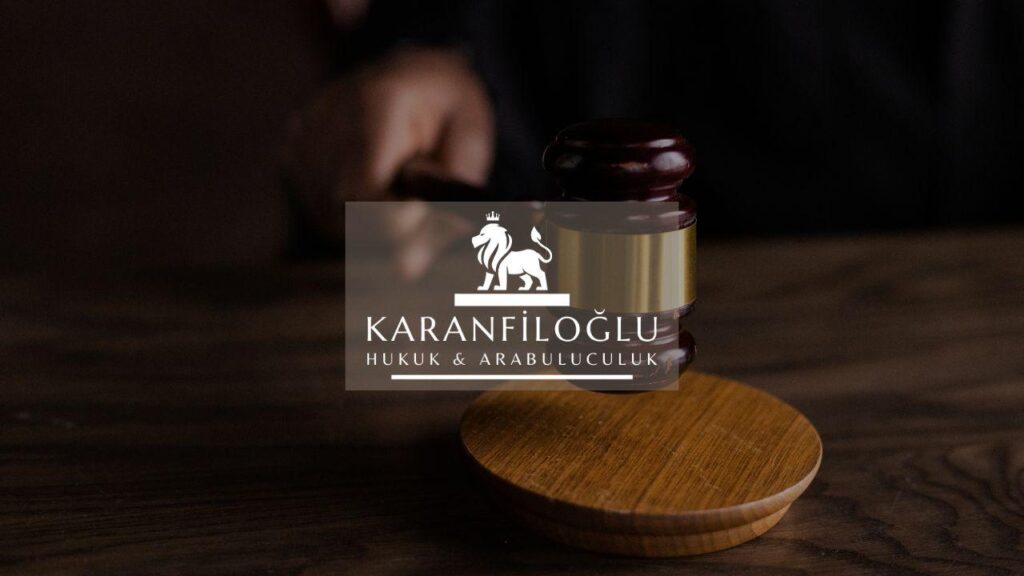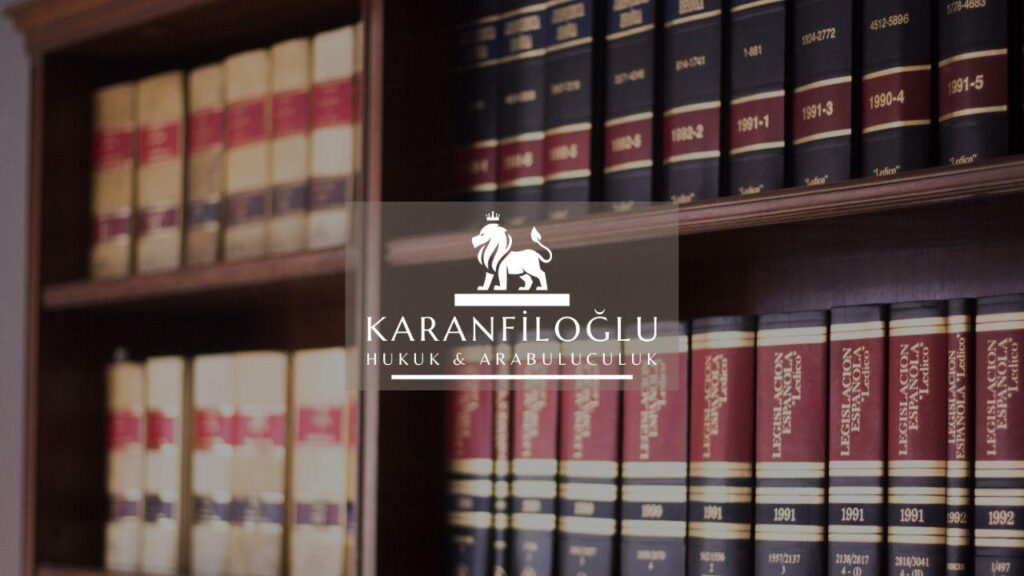The Turkish hospitality industry, a thriving and dynamic sector, seeks to balance the delights of Turkish culture and the robust framework of legal regulations that ensure its smooth operation. At Karanfiloglu Law Office, we understand the myriad legal considerations that hotels, restaurants, and tourism enterprises face in this vibrant market. From compliance with licensing requirements and health regulations to intricate employment laws and intellectual property protections, our expert legal team is well-equipped to navigate these complexities. With Turkey’s hospitality sector poised for continuous growth, understanding and adhering to legal standards is paramount for success. Our tailor-made legal solutions and comprehensive advisory services are designed to safeguard your business, fostering an environment where hospitality can flourish without legal hindrances.
Permitting and Licensing Requirements for Hotels and Restaurants in Turkey
Securing the appropriate permits and licenses is fundamental for the legal operation of hotels and restaurants in Turkey. Businesses must adhere to a range of regulations, including acquiring a Tourism Operation Certificate from the Ministry of Culture and Tourism, which ensures compliance with national standards for service quality and infrastructural adequacy. Additionally, local municipalities require operational licenses tailored to the specific activities of the establishment, covering areas such as food safety, fire safety, and environmental health. At Karanfiloglu Law Office, we offer comprehensive support to navigate these intricate requirements, helping our clients obtain all necessary documentation to operate smoothly and legally.
Particularly significant for hotel and restaurant operations is compliance with Turkey’s health and safety regulations, which demand rigorous adherence to standards aimed at safeguarding public well-being. Establishments must secure health permits that cover food hygiene, staff health certifications, and regular inspections to ensure ongoing compliance. Moreover, fire safety protocols necessitate the implementation of preventive measures, such as proper emergency exits, fire extinguishers, and alarm systems, all subject to regular auditing by local authorities. Failure to comply with these stringent regulations can result not only in substantial fines but also in the suspension of business operations. At Karanfiloglu Law Office, our expertise in health and safety requirements empowers us to guide clients through each step of the compliance process, ensuring that your business remains both legally protected and operationally efficient.
Intellectual property rights protection is another critical aspect for hotels and restaurants wishing to safeguard their brand and proprietary innovations. In Turkey, such protection encompasses trademarks for brand names and logos, copyrights for creative works like menus and website content, as well as patents for unique culinary inventions or technological solutions. Registering these intellectual properties with the Turkish Patent and Trademark Office provides lawful exclusivity and can prevent unauthorized use or imitation by competitors. However, the registration process can be complex and fraught with administrative nuances. At Karanfiloglu Law Office, we offer specialized services to streamline this process, ensuring that our clients’ intellectual assets are adequately protected and compliance with Turkish intellectual property laws is maintained. Our legal team assists with the identification, registration, and enforcement of intellectual property rights, providing peace of mind so you can focus on delivering exceptional hospitality.
Employment Laws in the Turkish Hospitality Sector
Employment laws in the Turkish hospitality sector are complex and multifaceted, demanding strict adherence to avoid legal pitfalls. Key areas of focus include employee contracts, working hours, wages, and occupational health and safety standards. Turkish labor law mandates written employment contracts for all employees, and these must comply with the regulations stipulated under the Turkish Labor Code. Employers in the hospitality industry must also ensure that they are in compliance with the standard 45-hour work week and provide appropriate overtime compensation. Moreover, maintaining a safe and healthy work environment is not only a legal obligation but also crucial for the well-being and productivity of staff. At Karanfiloglu Law Office, we offer expert guidance to navigate these employment laws effectively, ensuring that your business operations remain compliant and your workforce remains protected and motivated.
In addition to the fundamental aspects of employment contracts and working hours, the Turkish hospitality sector must also adhere to stringent regulations regarding employee benefits, leaves, and termination procedures. Employers are required to provide social security benefits, including health insurance and retirement plans, as stipulated by Turkish law. Annual leave entitlements are determined by the length of service, with employees who have worked for at least one year entitled to a minimum of 14 days of paid leave. Termination of employment must be conducted in accordance with due process, which includes providing written notice and, where applicable, severance pay. Non-compliance with these regulations can result in substantial fines and legal disputes, underscoring the importance of expert legal counsel. Karanfiloglu Law Office offers specialized services to help employers understand and implement these requirements, mitigating the risk of legal complications and fostering a compliant, fair, and efficient workplace.
Beyond compliance with employment contracts, working hours, and employee benefits, it is essential for employers in the Turkish hospitality industry to stay abreast of evolving legislation and enact proactive measures to address labor-related challenges. This includes understanding the implications of labor union activities and collective bargaining agreements, which can significantly impact labor relations and wage negotiations. Employers must also be vigilant about preventing workplace discrimination and harassment, ensuring that equal opportunities are provided to all employees regardless of gender, race, or other protected characteristics. Regular training sessions, clear policies, and prompt resolution of grievances are vital components of a healthy workplace culture. At Karanfiloglu Law Office, our proactive approach and detailed legal support ensure that your hospitality business not only remains compliant but also fosters a positive and inclusive work environment. We provide customized legal strategies to help you navigate the complexities of labor laws in Turkey, enabling your business to thrive sustainably.
Understanding Consumer Protection Laws for Hospitality Businesses in Turkey
Consumer protection laws in Turkey are integral to the hospitality industry, ensuring that guests receive fair treatment and quality service during their stay. The Law on the Protection of Consumer Rights (Law No. 6502) lays out comprehensive regulations that hospitality businesses must follow, including transparent pricing, accurate advertising, and clear communication of terms and conditions. Hospitality operators must also adhere to stringent health and safety standards, providing guests with clean and hazard-free environments. Failure to comply with these regulations can result in significant legal penalties and damage to a business’s reputation. At Karanfiloglu Law Office, we guide hospitality businesses through these legal requirements, ensuring that every aspect from booking procedures to after-service care meets the mandated consumer protection standards. By prioritizing compliance, businesses not only avoid legal pitfalls but also build trust and credibility with their clientele.
An essential aspect of consumer protection in the Turkish hospitality industry is the handling of consumer complaints and disputes. Under Turkish law, consumers have the right to lodge complaints regarding any unsatisfactory services, pricing discrepancies, or breaches of contract. Hospitality businesses are obligated to address these complaints promptly and efficiently, often through internal review mechanisms. Additionally, unresolved disputes can be escalated to consumer arbitration committees or the courts, where impartial adjudication ensures consumer rights are respected. At Karanfiloglu Law Office, we support our clients by establishing robust complaint handling protocols and providing legal representation in arbitration and court proceedings if necessary. This proactive approach not only mitigates potential legal risks but also enhances customer satisfaction and loyalty by demonstrating a commitment to resolving issues fairly and transparently.
Data protection is another critical component of consumer protection laws that Turkish hospitality businesses must diligently observe. With the rise of digital transactions, hotels and restaurants are expected to handle personal information securely and in compliance with the Turkish Law on the Protection of Personal Data (KVKK). This includes obtaining explicit consent from guests for data collection, ensuring data is used only for specified purposes, and implementing robust safeguards against unauthorized access. Non-compliance can result in severe financial penalties and reputational harm. At Karanfiloglu Law Office, we assist hospitality businesses in crafting comprehensive data protection policies and conducting regular compliance audits to align with KVKK regulations. By proactively managing data privacy, businesses can foster a trustworthy environment, enhancing guest confidence and adhering to the legal requirements that govern the secure handling of personal information.
Disclaimer: This article is for general informational purposes only and you are strongly advised to consult a legal professional to evaluate your personal situation. No liability is accepted that may arise from the use of the information in this article.

